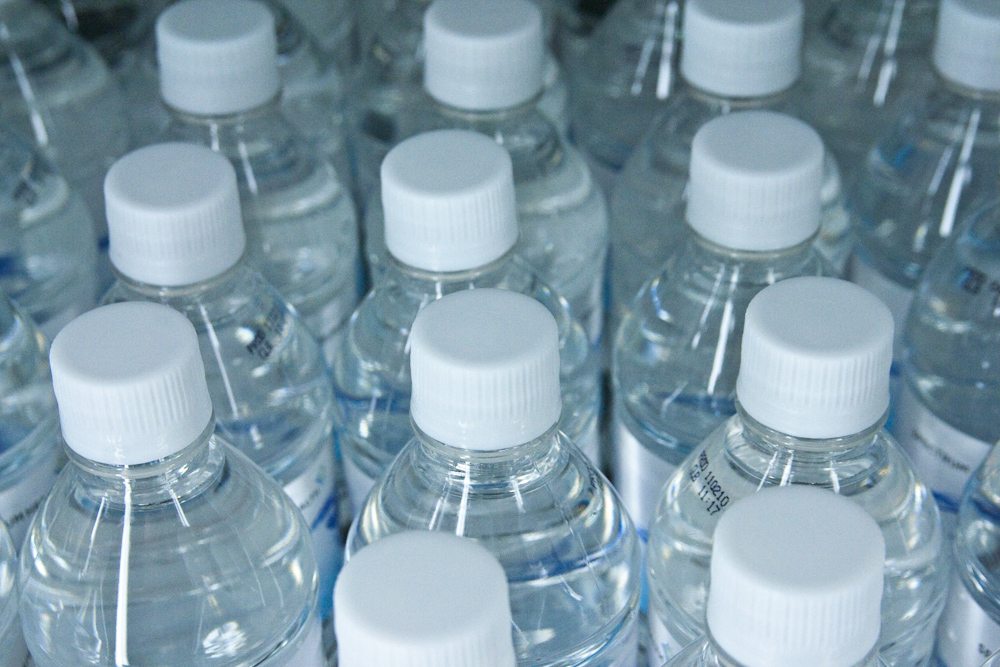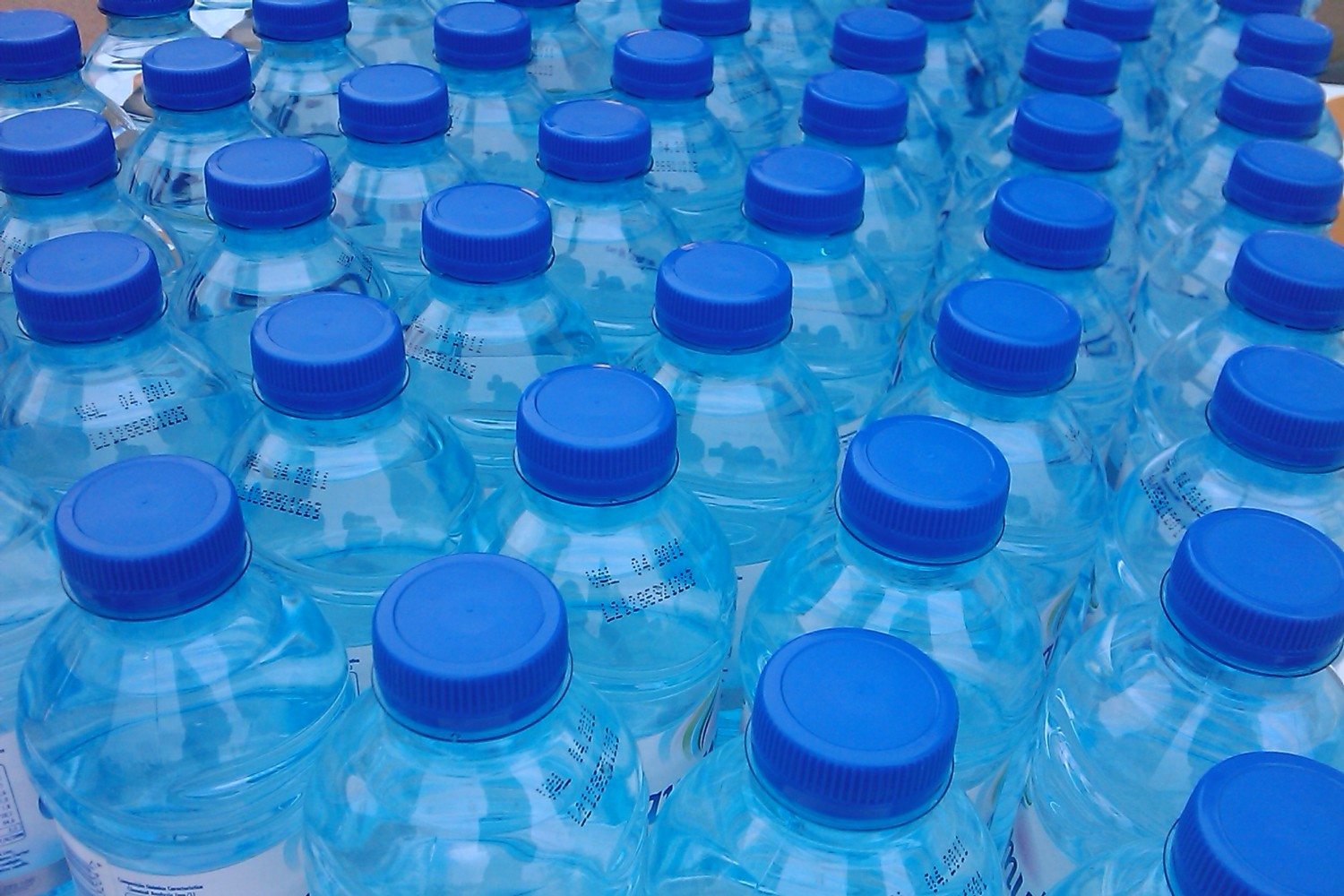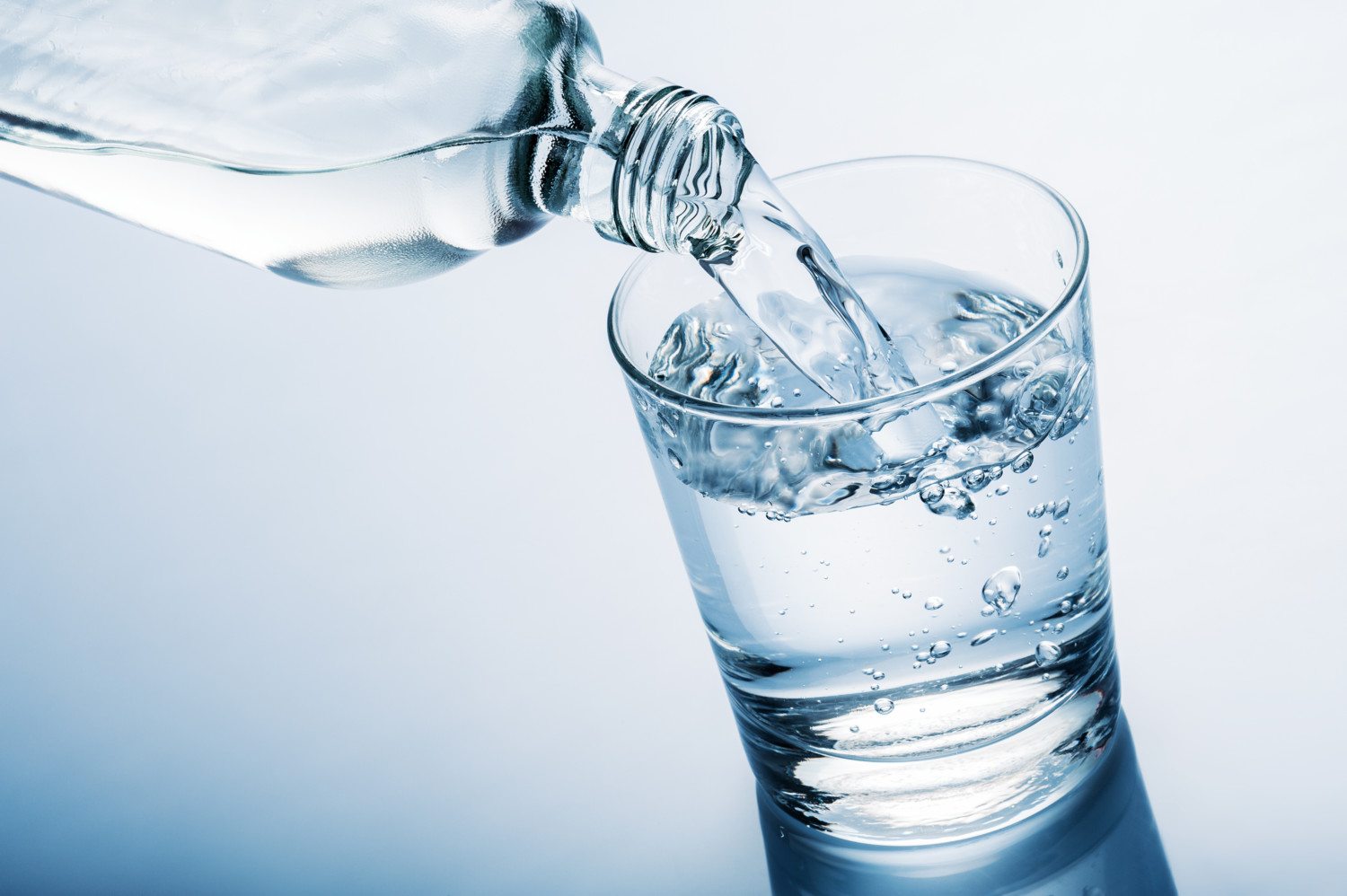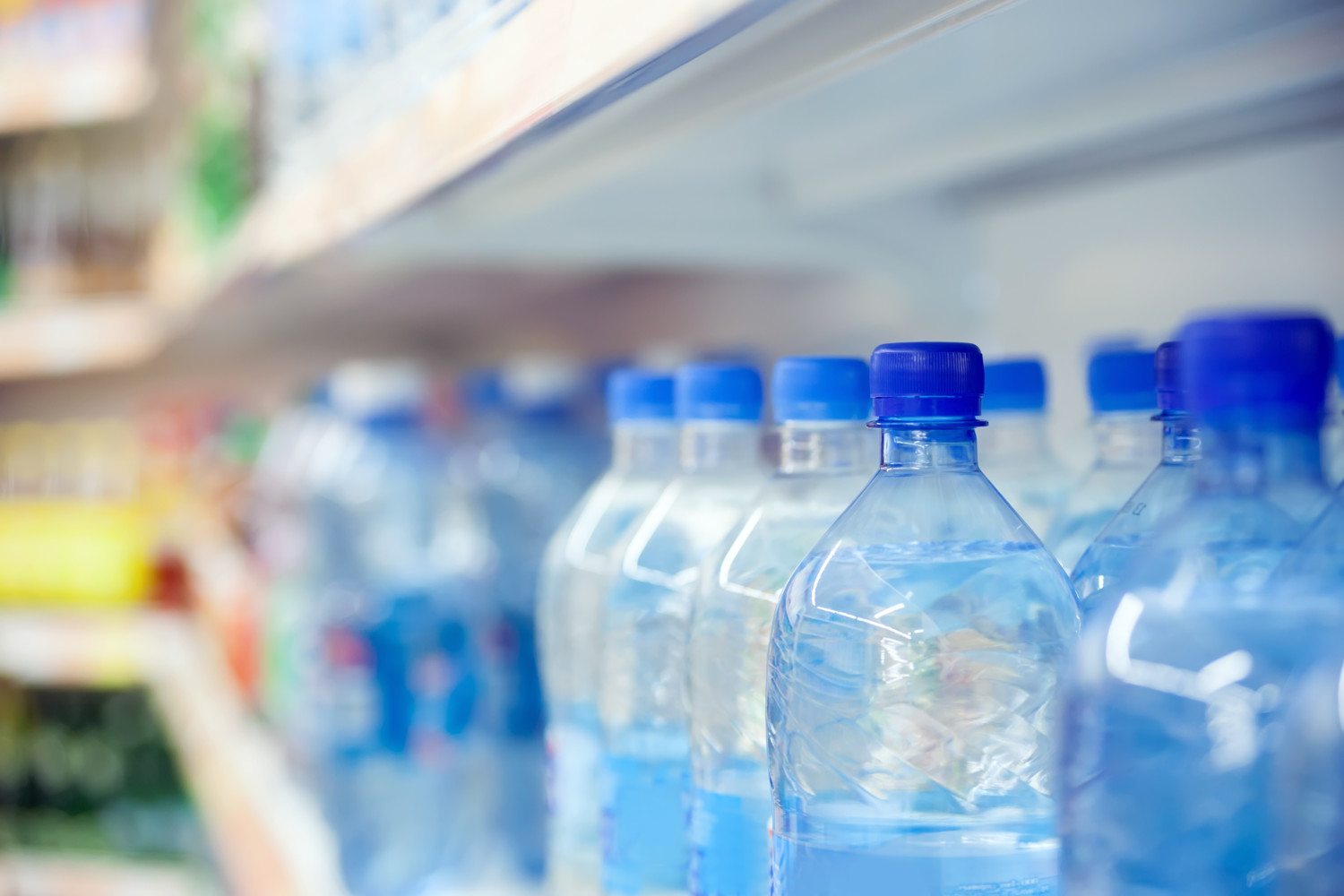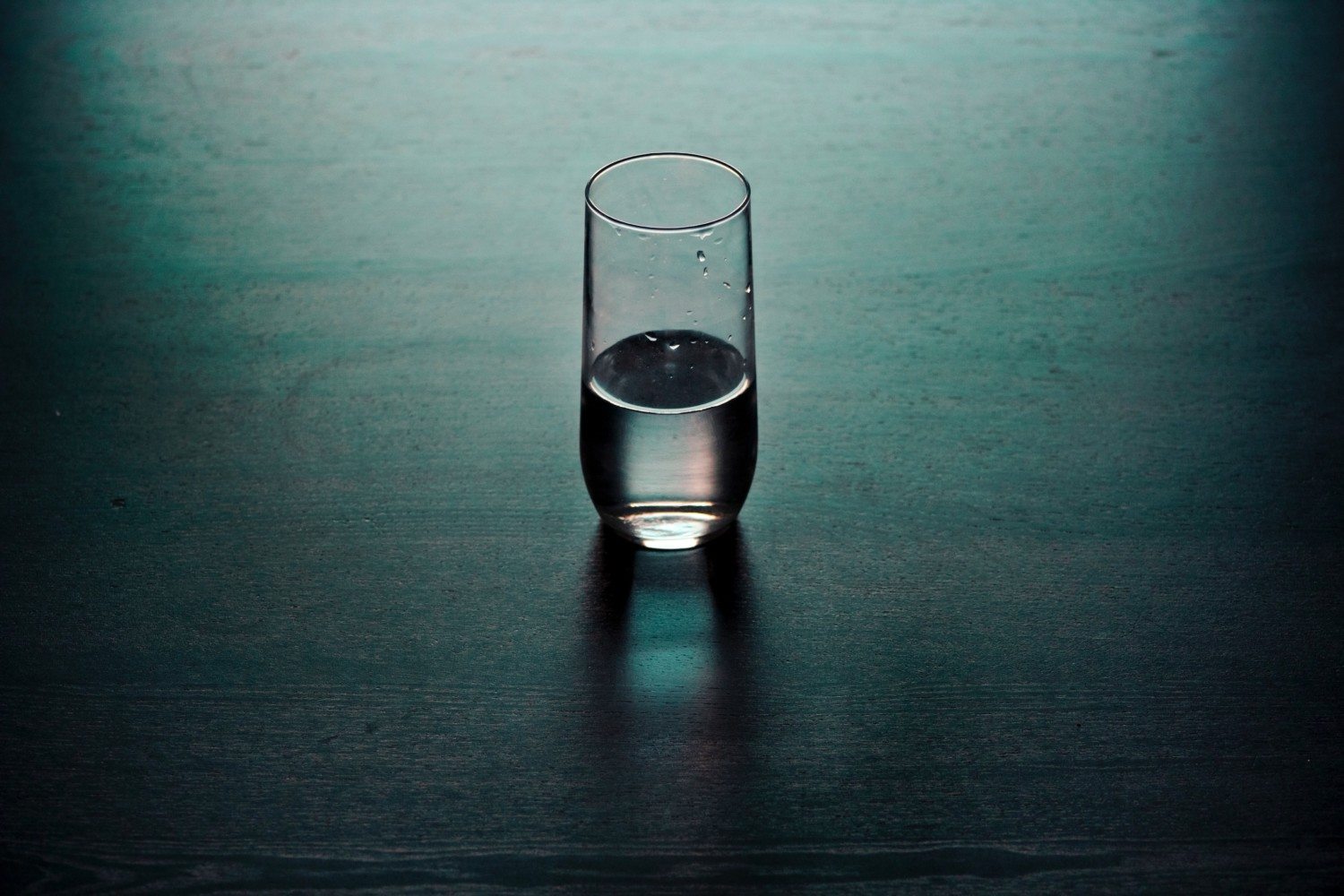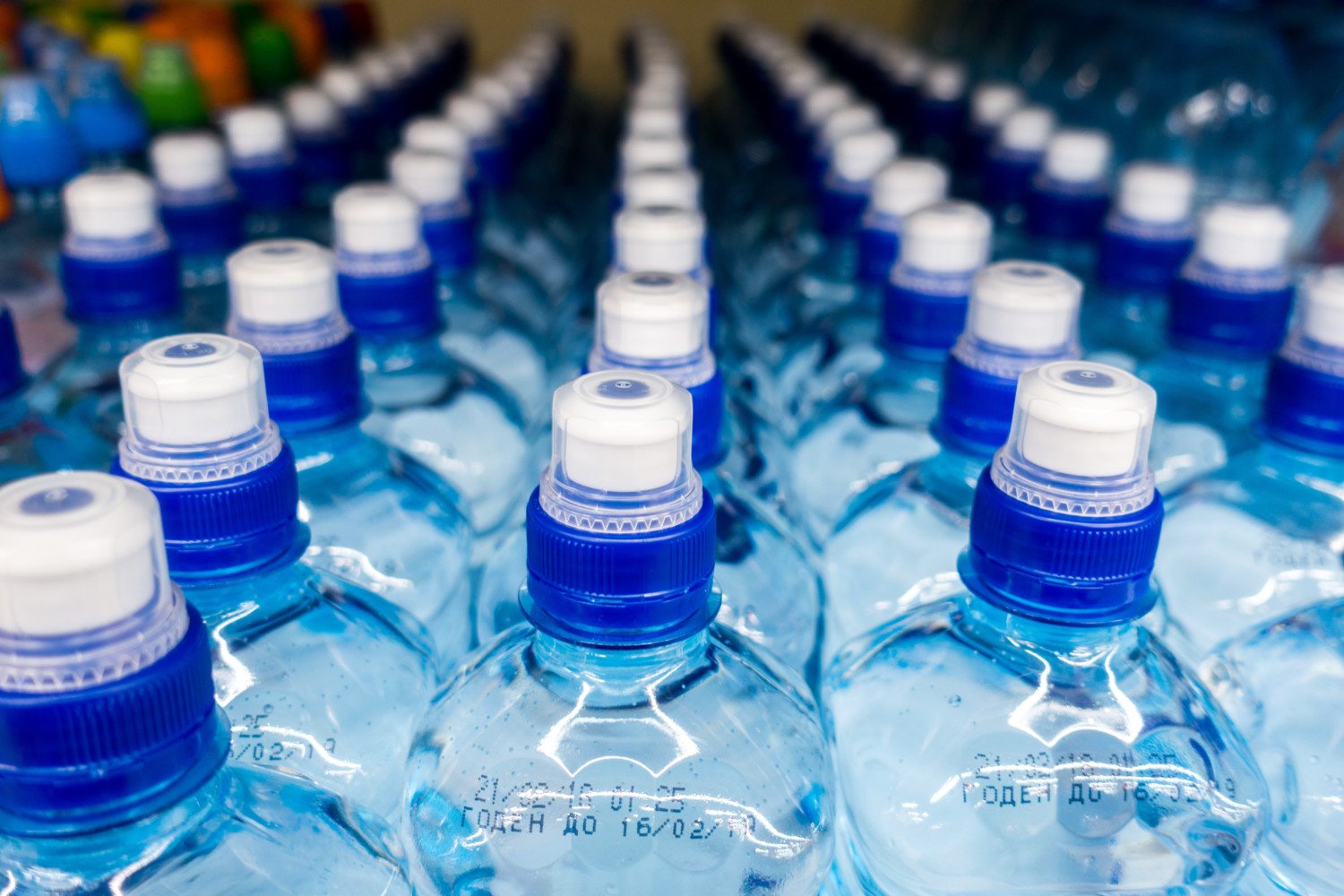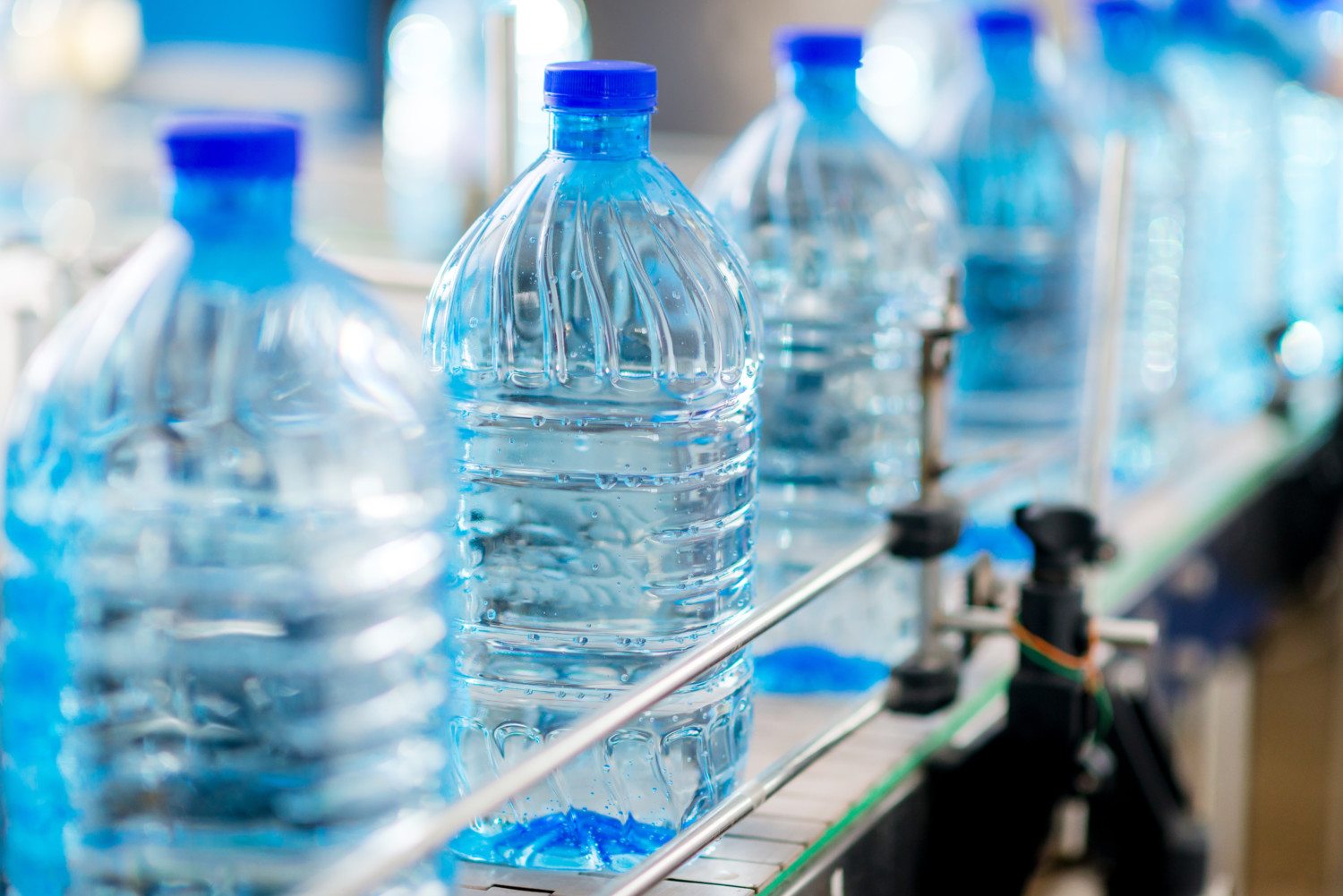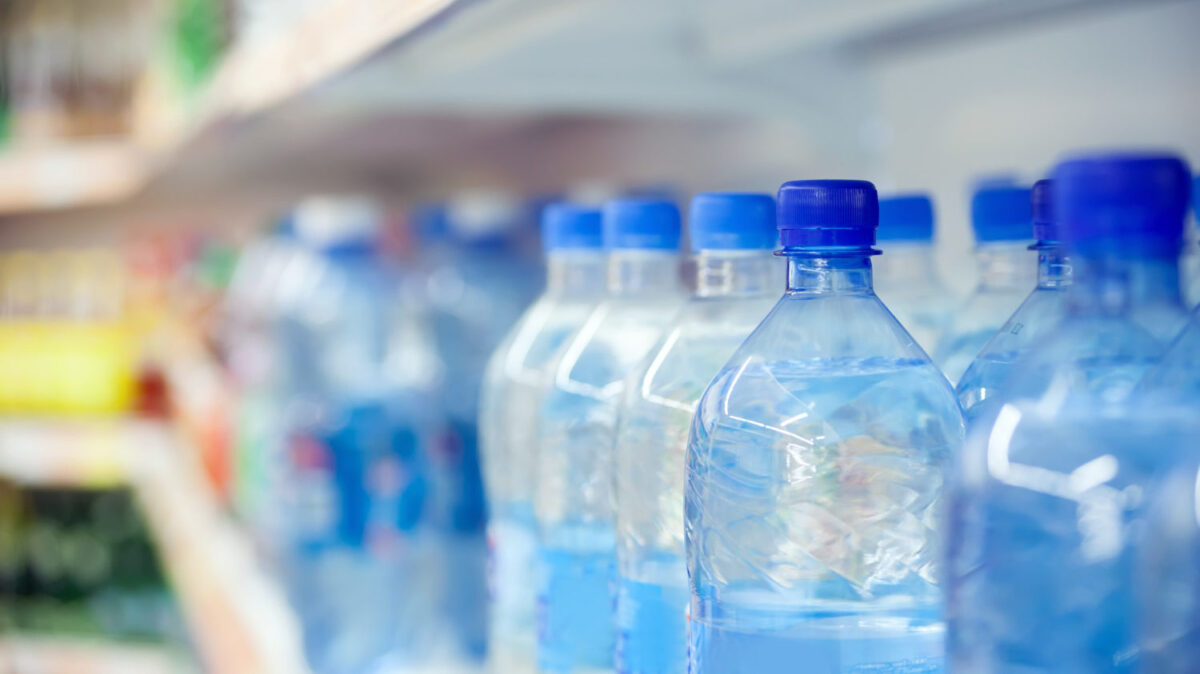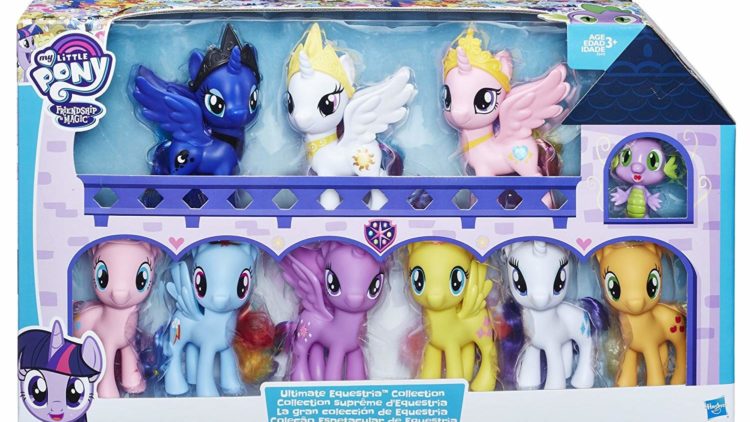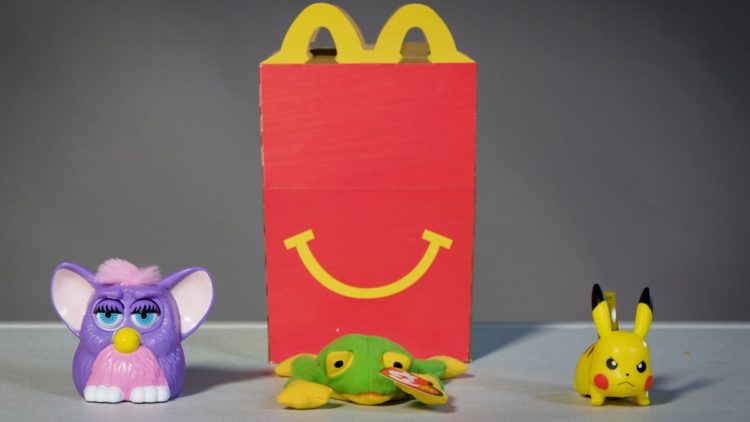Study finds tiny plastic particles in 93% of bottled water
You may choose to drink bottled water because of concerns about contaminates and chemicals in the water coming from your tap. It turns out there may be something in those store-bought bottles that’s worth worrying about as well.
Project Orb Media, a nonprofit, global journalism organization focusing on food, water, energy, health, education, environment, trade and governance, commissioned scientists at the State University of New York in Fredonia to analyze bottled water. The study found that a single bottle of water can contain dozens or possibly even thousands of microscopic plastic particles.
Multiple Brands And Bottles Tested
Researchers performed tests on 259 individual bottles from 27 different lots across 11 brands purchased from 19 locations in 9 countries.
The brands tested were:
Aqua (Danone)
Aquafina (PepsiCo)
Bisleri (Bisleri International)
Dasani (Coca-Cola)
Epura (PepsiCo)
Evian (Danone)
Gerolsteiner (Gerolsteiner Brunnen)
Minalba (Grupo Edson Queiroz)
Nestlé Pure Life (Nestlé)
San Pellegrino (Nestlé)
Wahaha (Hangzhou Wahaha Group)
Preliminary tests found an average of 10.4 tiny plastic particles in each one-liter water bottle. Further testing with a microscope and fluorescent dye detected approximately 315 microparticles per bottle, which the scientists believe are plastic as well.
In an unrelated study commissioned by an awareness and activism group called The Story of Stuff Project, Ocean Analytics analyzed 19 different bottled water brands for microparticle contamination.
The research determined that Boxed Water, Evian, Fiji and Ozarka had the highest levels of plastic microfiber contamination.
“Although we don’t fully understand yet the health implications of consuming microplastic,” Abigail Barrows of Ocean Analytics told The Story of Stuff, “the preliminary results of this study show that people are directly ingesting plastic particles when drinking most types of bottled water.”
RELATED: Here’s Why You Should Be Washing Your Clothes In Cold Water
Not Just Bottled Water
Orb Media performed another study, again commissioning researchers from The State University of New York at Fredonia, testing drinking water from another source: taps.
More than 80 percent of the samples collected on five continents tested positive for the presence of plastic.
Considering plastic is apparently permeating the world’s water, the researchers state that plastic microparticles are likely in processed foods and beverages, too.
“There are certain commons that connect us all to each other,” Sherri A. Mason, Ph.D. of the State University of New York at Fredonia told Orb Media, “air, water, soil, and what we have universally found time and time again is if you contaminate any of those commons, it gets in everything.”
Implications Of A Much Larger Issue
Experts cannot say for certain what risks people face by consuming these tiny bits of plastic. The World Health Organization (WHO) has launched its own review of these recent findings.
A spokesperson stated that the organization is aware of this emerging area of concern even though there is not yet evidence of an effect on human health.
“As part of our continuous review of new evidence on water quality, we will review the very scarce available evidence with the objective of identifying evidence gaps, and establishing a research agenda to inform a more thorough risk assessment,” the spokesperson wrote in an email to the National Post.
BPA, a synthetic compound found in some plastics, has been shown to have possible effects on the brain, behavior and prostate gland of fetuses, infants and children. There is also a possible link between BPA and increased blood pressure.
RELATED: 18 Reasons You Should Start Drinking Lemon Water Every Day
When contacted by Business Insider, most of the bottled water brands acknowledged the issue.
“We are ready to collaborate with others to further develop the robustness and standardization of testing methods for micro plastics,” Nestle stated.
“We stand by the safety of our products,” wrote Dasani, “and welcome continued study of plastics in our environment. It’s clear the world has a problem with plastic waste and that too much of it ends up in waterways and in the world’s oceans.”
RELATED: Could these edible pods be the water bottles of the future?


